Ebola has claimed the lives of over 13,000 individuals between the West Africa outbreak of 2014 to 2016 and the ongoing outbreak in the Democratic Republic of Congo (DRC). Many of those deaths were unavoidable, largely because the most effective prevention tool — an Ebola vaccine — did not exist.
But that changed on Monday, when the European Commission approved the world’s first Ebola vaccine, Ervebo, making it available to all 28 EU member countries plus Iceland, Liechtenstein and Norway.
Marketing authorization was granted to international drug giant Merck, who has been developing the vaccine since 2014 when it took over from NewLink Genetics. The live, attenuated Ebola vaccine is approved for individuals aged 18 and older.
“The European Commission’s marketing authorization of Ervebo is the result of an unprecedented collaboration for which the entire world should be proud,” said Kenneth C. Frazier, chairman and chief executive officer of Merck, in a statement. “It is a historic milestone and a testament to the power of science, innovation and public-private partnership,”
The vaccine works against the Zaire species of the Ebola virus, the same species responsible for the outbreaks over the last decade.
The speed of this approval reflects the urgency of this public health crisis. The vaccine was accepted into the European priority review pathway in June 2016 and was recommended for marketing authorization by the European Medicines Agency (EMA) in October of this year.
At the same time, the US Food and Drug Administration is making progress with Merck’s vaccine. Merck was granted Breakthrough Therapy Designation in July 2016, and its Biologics Licensing Application was accepted in September 2019. The FDA anticipates the review will take place in March 2020.
RELATED: Shortage of Ebola Vaccines Concerning for Outbreak in the Congo
While the vaccine was only approved on Monday, Merck has been supplying the DRC for the last year. To date, they have supplied over 250,000 doses of vaccine for “compassionate use,” protecting at-risk individuals with an unapproved product. According to the company, they will continue to supply the affected region, as they set up a manufacturing facility in Germany which aims to be up and running by the third quarter of 2020.
The vaccine, however, would not be available to certain Africa regions until submissions for prequalification status are accepted by the World Health Organization (WHO) and African national regulatory authorities in collaboration with the African Vaccine Regulatory Forum. For the WHO, acceptance means this vaccine meets WHO safety, efficacy and quality standards, thus agencies can begin procuring the vaccine.
WHO prequalifies #Ebola vaccine, paving the way for its use in high-risk countries. #VaccinesWork pic.twitter.com/FI8BZDtvCS
— World Health Organization (WHO) (@WHO) November 12, 2019
Local and international authorities continue to develop robust surveillance, rapid response, community engagement and vaccination strategies to control the spread of the virus. Pharma companies like Janssen are testing its two-dose vaccine regimen, aimed at imparting long-lasting immunity. Recently, the company announced that they will donate up to 500,000 units to the DRC to combat the outbreak, focusing on the border city of Goma first, according to the DRC’s Minister of Public Health.
STAT News reported that Merck has not announced a price for Ervebo, but they intend to keep the price as low as possible with the help of Gavi, the Vaccine Alliance (formerly The Global Alliance for Vaccines and Immunizations).
“This is a vaccine with huge potential,” said Dr Seth Berkley, CEO of Gavi the Vaccine Alliance. “It has already been used to protect more than 250,000 people in the DRC and could well make major Ebola outbreaks a thing of the past. That’s why this is such an important milestone, paving the way for a Gavi-supported global Ebola vaccine stockpile. It’s also important to credit the unprecedented global effort from African countries that helped generate the evidence as well as Merck, WHO, donor governments, partners and regulatory agencies in making this authorization happen.”


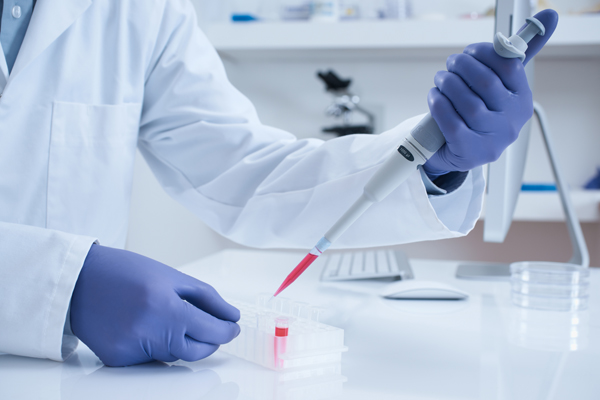
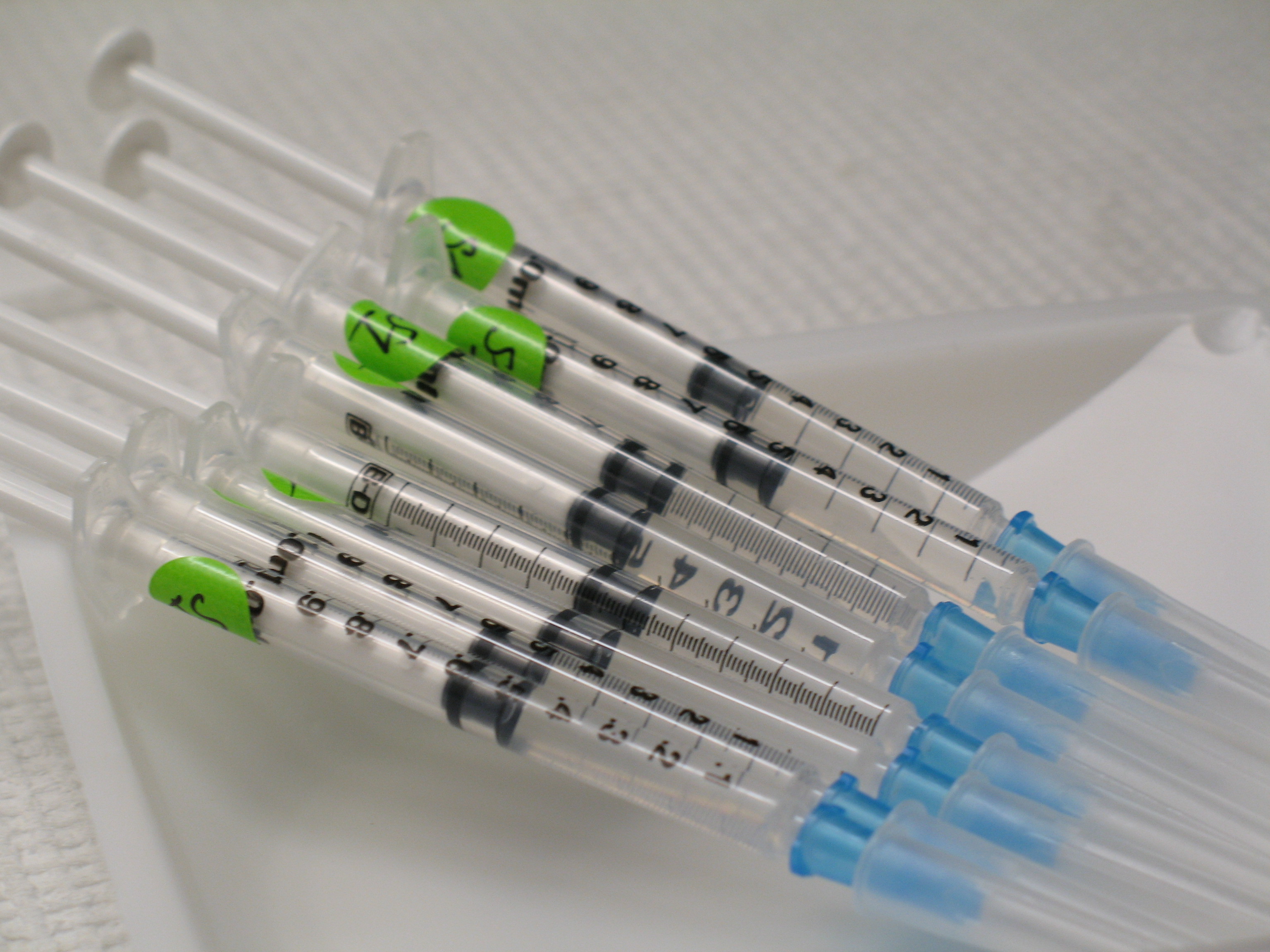
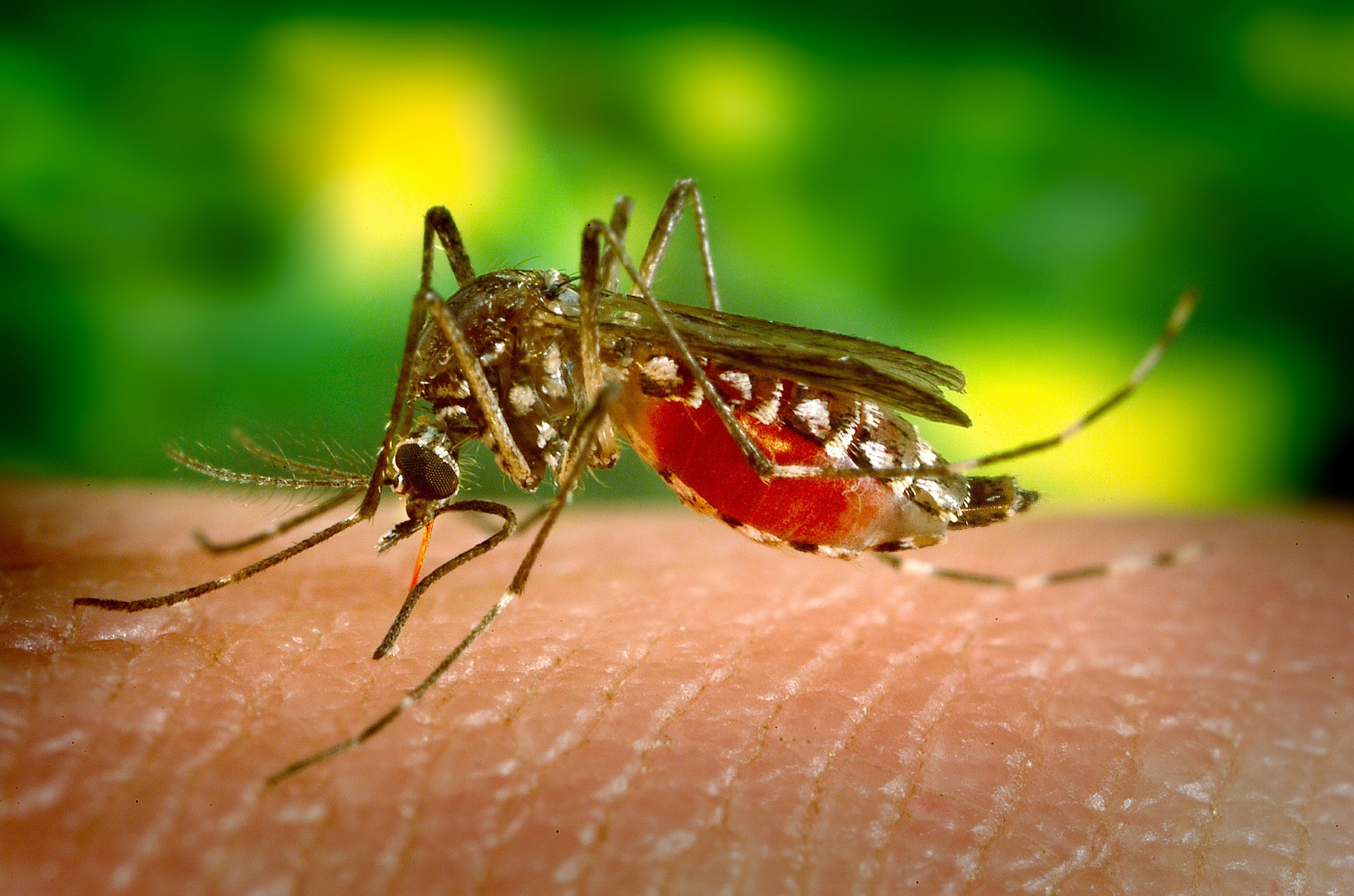
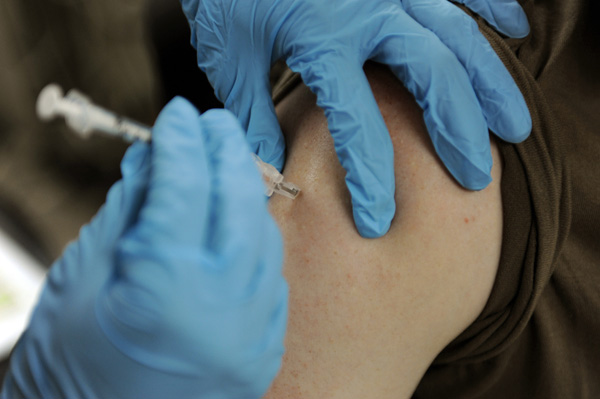
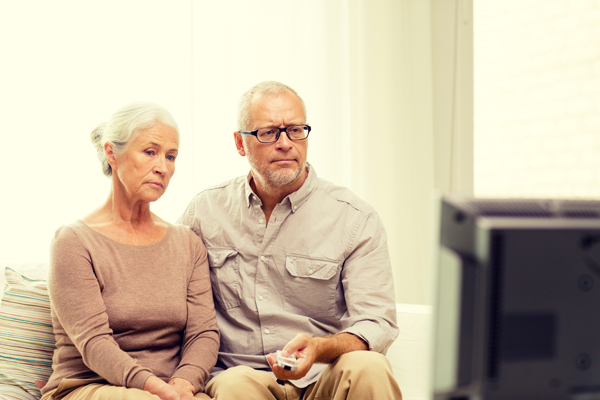





Join or login to leave a comment
JOIN LOGIN